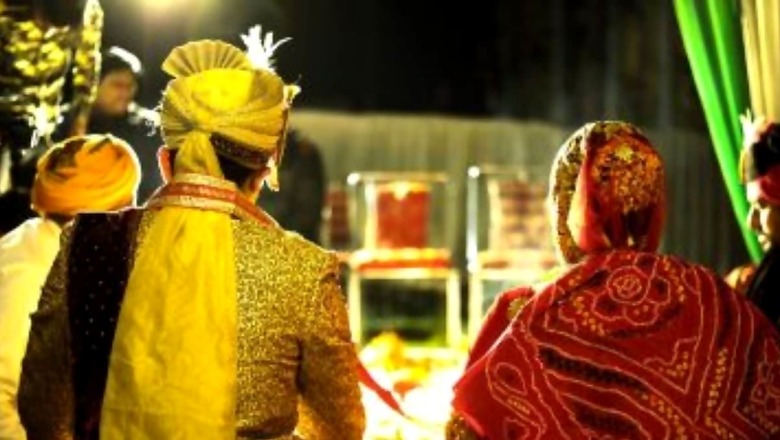
views
The Madras High Court has asked the state government to take steps to govern the matrimonial websites so that women do not fall prey to frauds. It has sought guidelines from the government to ensure the details are verified as the number of cheating cases are on the rise.
The court has directed the state government to form a committee in this regard.
“This court is of the considered view that the central or state government will take initiation for formulation of rules governing field on this kind of matrimonial website to ensure, age and date of birth, the basic information about bride or bridegroom (like age, date of birth, address) are duly verified before being upload in the website and further regulation in the nature of penal provision for suppressing material facts (namely information regarding earlier marriage, status of divorce proceedings if any divorce or not, as the prospective person is being put to misconception of material facts,” a single judge bench of Justice RMT Teeka Raman said.
The court said such a misrepresentation falls as defined under Section 90 of IPC and as such it has to be treated as commission of offence and crime against woman, as in most cases, the brides do fall as prey.
“This court finds that there are no rules or regulations, nor even, SOP (Standard Operating Procedure) for online matrimonial websites before for hoisting profiles of bride or bridegroom, as the case may be. In most of cases, the victim of this kind of online matrimonial fraud are women.”
Referring to the penal law, particularly Section 415 of the IPC, the bench said that “it was crystal clear that some kind of preventive measure to protect the prospective person for marriage needs necessary regulations of the website to ensure material facts are not suppressed or omitted at the initial time of initiation of marriage proposal”.
The bench stressed that the doctrine of caveat emptor on the website has undergone a sea change.
“The act of the individual on E-website is based on the information supplied. On the reading of the information, the person will decide either to proceed or to drop. The doctrine of caveat emptor (let the purchaser beware) has evolved into doctrine of caveat vendator (let the seller beware). However, applying the doctrine of caveat vendator to the matrimonial advertisement is a grey area,” the bench said.
“Admittedly, e-medium is different from a magazine and necessary verification of particulars given by the prospective person in the matrimonial advertisement on a particular fact (age, date of birth and address) needs to be verified before registration of the profile,” the bench added.
The court underscored that necessary document of proof for those are to be made compulsory for registration of the profile.
“Any information regarding matrimonial status of the person should be specific and definite and should not be vague, as it is now the website. Words like unmarried is to be discarded rather unmarried, divorce proceedings pending or not, should specifically be indicated by the person who applies for the same and thus it is necessary for the state government to formulate a regulation to ensure information as stated,” the bench said.
Looking into the complaint by a woman doctor at a government hospital, the bench advised her parents to be cautious with matrimonial proposals online and they have to spend extra time to thoroughly verify the credentials of those who posted the profiles before proceeding further.
The woman complainant from Chennai, in the instant case, said the petitioner “targeted unmarried overaged medical professionals like doctors and nurses” by projecting himself to be a doctor working in the United Kingdom.
She stated that she came in contact with the petitioner by a Christian matrimonial website. The accused presented himself as Dr Prasanna, expressed his wish to marry her and gradually duped her of Rs 68 lakh.
After registering the FIR, the complainant searched the matrimonial fraud offences in Tamil Nadu and found that the accused is a habitual offender and had cheated several girls and women since 2012 by uploading his profile in different names viz Ajay @Vidhu @Vidhyut @Vijayakumar @Girija Saravanan @Rahul Vijay @Tamilselvan @Chakravarthy. His main targets are doctors, widows, divorcee and aged women, and wants to swindle them off.
The woman claimed the petitioner presented himself as a doctor working in the United Kingdom, and when the girls approached him, he allegedly took their money and sexually abused them.
She cited a news report of 2012 of the same person, who had cheated 17 “well-educated” women, working as doctors, nurses, college professors and IT professionals.


















Comments
0 comment